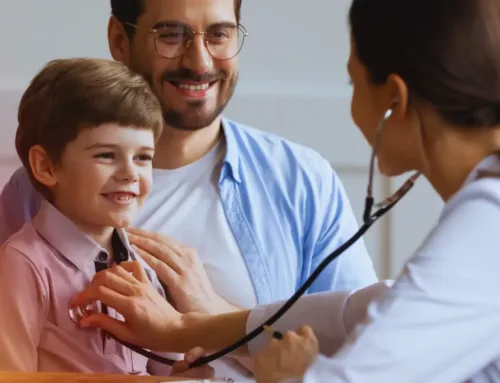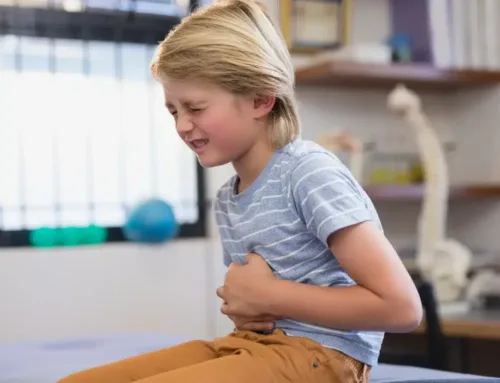Digestive health plays a crucial role in your child’s overall growth and development. While occasional stomach aches or minor dietary issues are common in children, some symptoms may require specialized care from a pediatric gastroenterologist. At Gastro Health for Kids, we understand how vital it is to recognize and address these signs early.
What is a Pediatric Gastroenterologist?
A pediatric gastroenterologist specializes in diagnosing and treating digestive, liver, and nutritional disorders in children, from newborns to teenagers. They handle conditions such as chronic abdominal pain, constipation, reflux, food allergies, and more. Unlike general pediatricians, they have advanced training to address complex gastrointestinal (GI) problems, specifically in children.
Signs Your Child May Need a Pediatric Gastroenterologist
Here are some key symptoms that indicate it’s time to consult a specialist:
1. Persistent Abdominal Pain
Recurring stomach pain that disrupts daily activities, such as school or play, could signal underlying conditions like irritable bowel syndrome (IBS) or inflammatory bowel disease (IBD). If this pain persists for more than three weeks, seek medical attention.
2. Chronic Constipation or Diarrhea
Difficulty passing stool, fewer than three bowel movements a week, or frequent bouts of diarrhea can impact your child’s overall health. These may be signs of celiac disease, food intolerances, or other gastrointestinal issues.
3. Unexplained Weight Changes
Sudden weight loss, failure to gain weight despite adequate nutrition, or unexplained weight gain may point to conditions like malabsorption syndromes or hormonal imbalances.
4. Vomiting or Reflux
Frequent vomiting or severe acid reflux, especially if accompanied by difficulty swallowing, could indicate gastroesophageal reflux disease (GERD) or esophagitis. These conditions require precise diagnosis and treatment.
5. Blood in Stool or Vomit
Blood in vomit or stool is a serious warning sign. It may be caused by anal fissures, gastrointestinal bleeding, or even IBD. Immediate consultation with a pediatric gastroenterologist is necessary.
6. Severe Food Allergies or Intolerances
Reactions such as abdominal pain, bloating, or skin issues after eating certain foods may require a thorough evaluation for food allergies or eosinophilic gastrointestinal disorders (EGIDs).
7. Growth Delays
Poor growth or delayed developmental milestones linked to nutrient deficiencies may point to GI conditions like Crohn’s disease, short bowel syndrome, or celiac disease.
8. Family History of GI Disorders
A family history of gastrointestinal disorders like Crohn’s disease or ulcerative colitis could increase your child’s risk. Early evaluation helps manage potential issues proactively.
What to Expect During the Visit
A pediatric gastroenterologist will conduct a detailed assessment through patient history, physical examinations, and diagnostic tests (e.g., endoscopy, biopsies, or imaging). Based on the findings, your child will receive a personalized treatment plan to address their specific needs.
Why Timely Care Matters
Delaying necessary GI care can affect your child’s growth, nutrition, and quality of life. Early intervention ensures better outcomes, allowing your child to thrive and enjoy everyday activities without discomfort.
Looking for Gastro Near Me?
If you’re searching for expert pediatric gastroenterology care, Gastro Health for Kids is here to help. Our highly trained specialists provide compassionate, comprehensive care tailored to children’s unique needs. Contact us today to schedule a consultation and take the first step toward healthier digestion for your child.
Final Thoughts
Your child’s health and well-being deserve attention and expert care. If you notice any of the symptoms mentioned above, don’t hesitate to consult a pediatric gastroenterologist to ensure they receive the best treatment possible. Early detection and intervention can make a world of difference in managing GI conditions.







